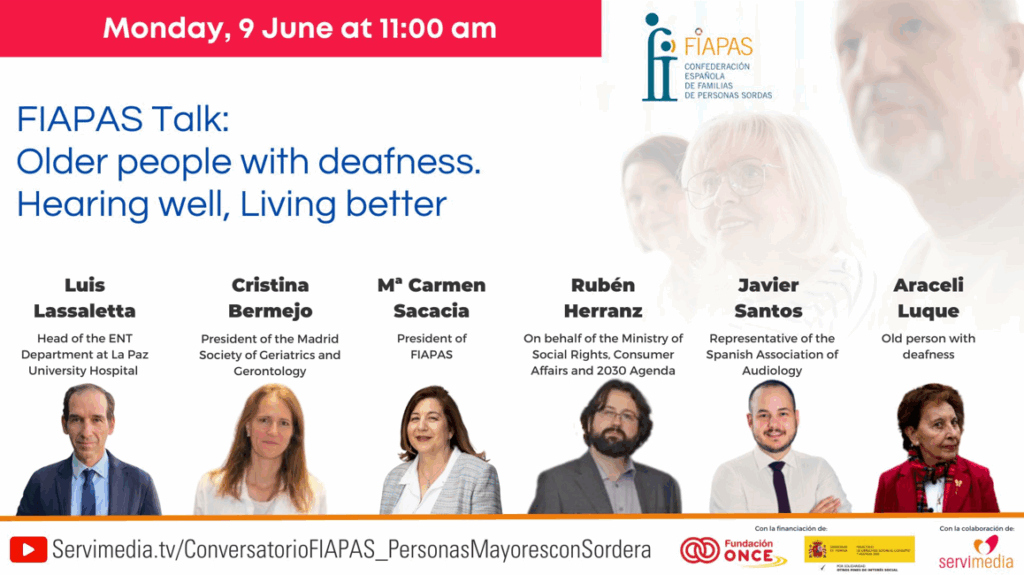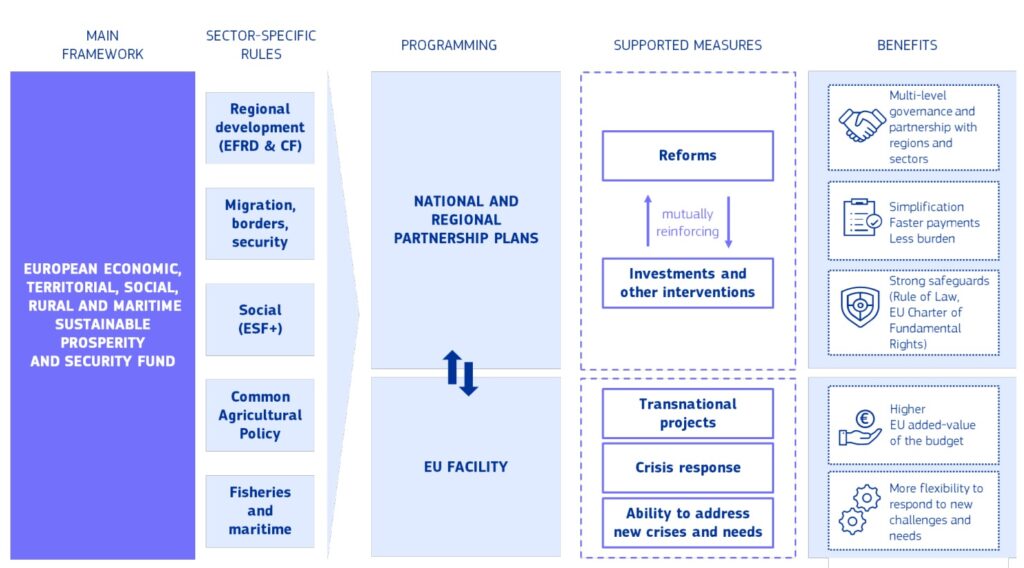The strict public health restrictions implemented by governments in 2020 to control the COVID-19 pandemic abruptly changed working life and continued to shape it over the two years that followed. Between March and November 2021, over 70,000 interviews were carried out in 36 countries through the European Working Conditions Telephone Survey (EWCTS), a high-quality probability-based survey carried out by Eurofound (the European Foundation for the Improvement of Living and Working Conditions). The aim was to provide a detailed picture of the working lives of Europeans in that exceptional time.
The report documents the working conditions of Europeans in 2021. It examines variation in job quality and identifies its positive association with well-being, health, work engagement, and the financial sustainability of work. It highlights the divergences in the experiences of workers depending on workers’ own attributes and their place in the workforce. From this analysis, the report aims to derive lessons for the future, particularly in relation to the enduring marks on how we work and the implications for work organisation, the quality of work, and the interaction between work and private life.
Key findings
Good job quality supports well-being and is at the heart of high-quality working life. During the pandemic, job quality had a positive impact on work–life balance, the ability to make ends meet, and greater trust within the workplace. These positive outcomes make work sustainable – enabling workers to remain in work over longer working lives.
The survey confirms persistent gender segregation in sectors, occupations, and workplaces, indicating that we are a long way from the goals of equal opportunities for women and men at work and equal access to key decision-making positions in the workplace. In 2021, only one in five workers worked in a gender-balanced workplace, while just one-third of workers had a female boss. This calls for a redoubling of efforts to dismantle the stereotypes that limit women’s and men’s choices in work.
Worryingly, the survey shows that a high number of people in work in the EU continued to be in vulnerable situations, with 26% having difficulty making ends meet and 17% unable to predict their earnings in the coming three months. This highlights the importance of focusing policy efforts on making work pay and targeting specific groups such as single parents and workers in low-paid jobs, who are under greater financial pressure and were more severely affected by the pandemic restrictions than other groups.
Read the full report here.
Photo: ©Getty Images Signature via Canva.com





